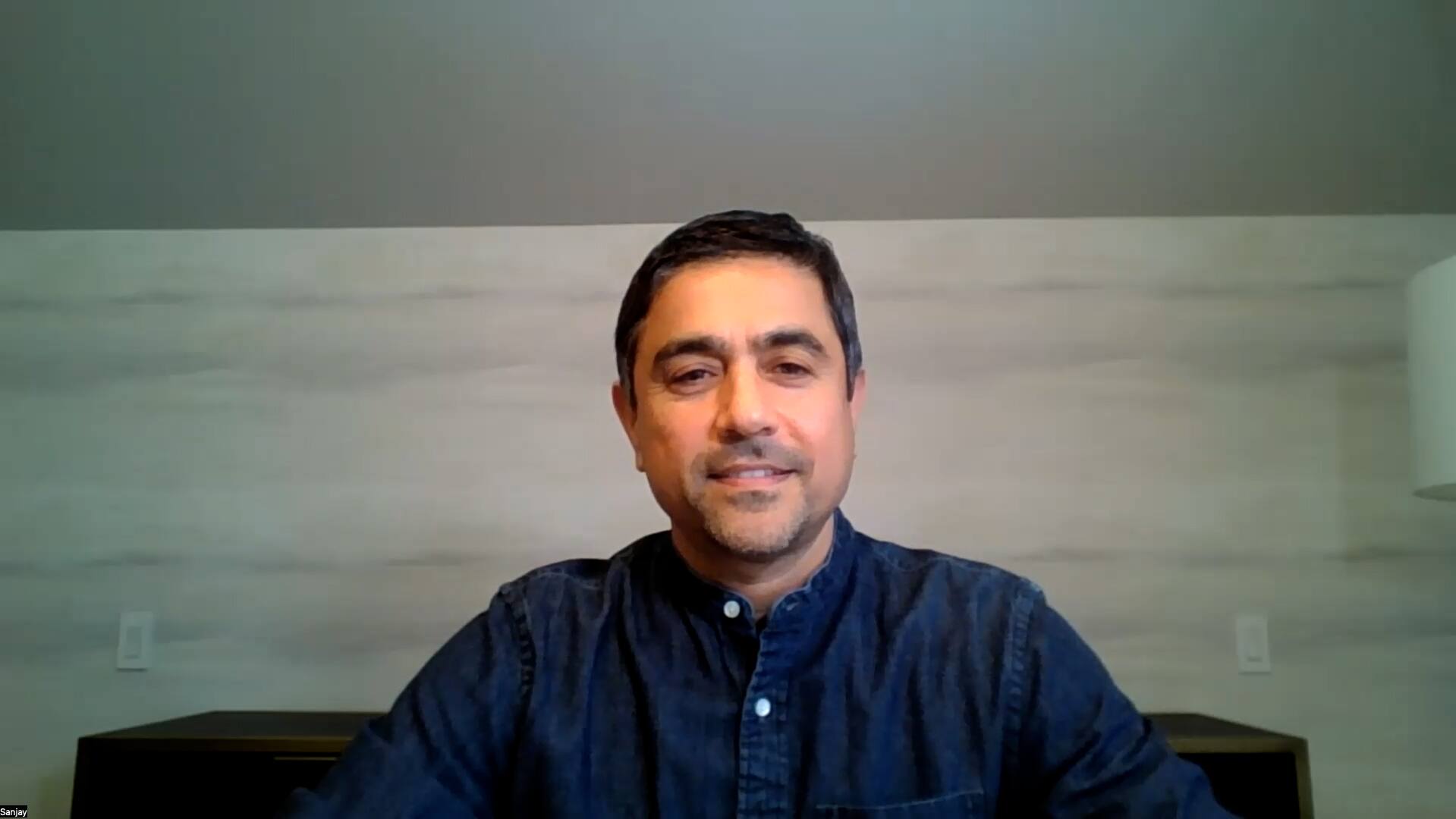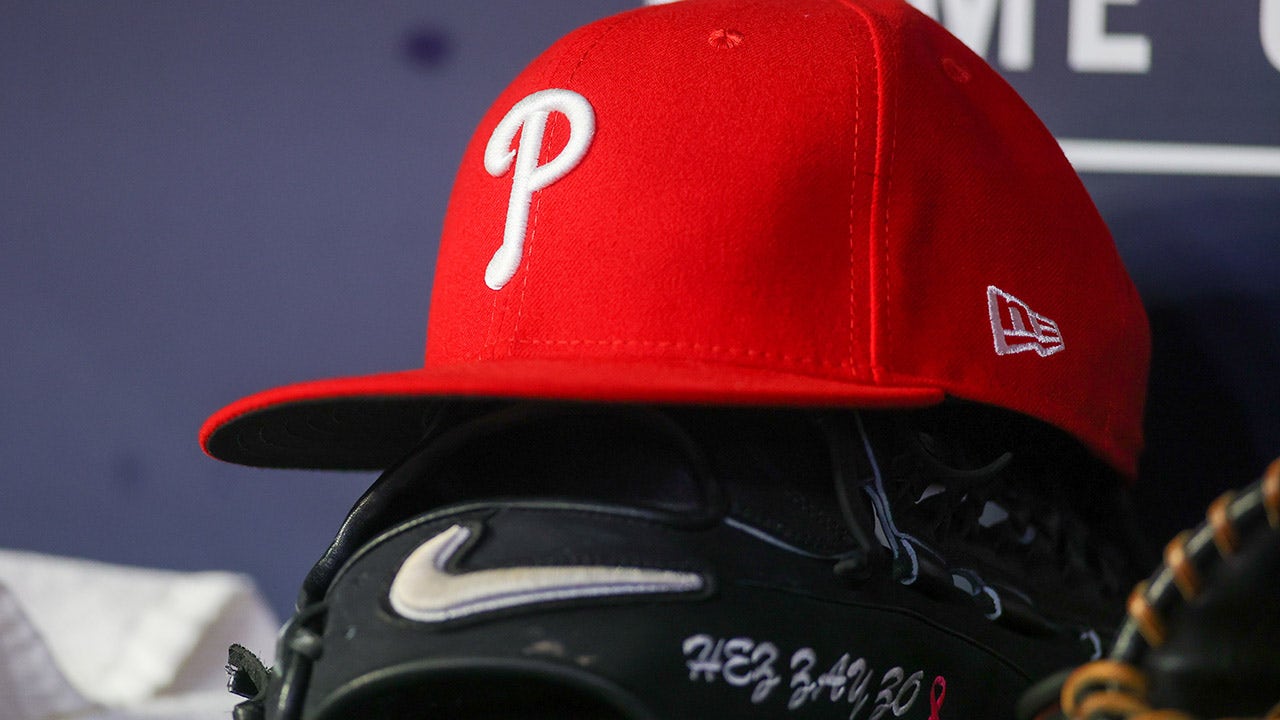Money for medals can help Canadian Paralympians beyond their bank accounts

Austin Smeenk lets out a big smile and pumps his fist.
Smeenk, the two-time Paralympic wheelchair racer, had just learned that Canadian Paralympians would now receive money for each medal won at this summer’s Paris Games and beyond.
“That is incredible. … That’s amazing. I feel awesome. I feel like that is right and it’s incredible how far we’ve come,” Smeenk told CBC Sports.
The money will be used to pay Canadian Paralympians $20,000 for gold medals, $15,000 for silver and $10,000 for bronze.
It’s the same payout structure provided to Canada’s Olympians.
Money for medals has been a long time coming for Paralympians, as they watched their Olympic counterparts and their own competitors get paid for success.
Now, it’s in place for the foreseeable future. The effects of the newly added incentive, however, remain to be seen.
“It’ll continue to be high performance as normal — with a little bit of a smile in the background that we’re working towards the potential monetary incentive as well,” Smeenk said.
WATCH | CBC Sports’ Myles Dichter discusses Paralympic medal reward program:
Myles Dichter of CBC Sports discusses the news that Canadian Paralympians will now receive the same amount of money their Canadian Olympic counterparts get for winning medals; $20,000 for winning gold, $15,000 for silver and $10,000 for bronze.
Long time coming
For Karolina Wisniewska, the journey to Wednesday’s announcement was a long one.
Wisniewska won eight medals between 1998 and 2010 as a Para alpine skier and will serve as co-chef de mission alongside ex-boccia athlete Josh Vander Vies in Paris.
She said when she competed at her first world championships in 1996, she didn’t have so much as a jersey to wear on the podium because they were only distributed to Para athletes once every four years.
“I was crying and it’s like a full-circle moment because I lived the time where I literally didn’t have a uniform, let alone podium performance incentive, and I’m still around to see it all and to be a part of it. So it’s pretty cool,” she told CBC Sports.
Wisniewska, the 47-year-old from Calgary, recounted “shock, awe and amazement” when she first heard about the endowment.
“Forget thinking this would happen in my during my sporting career. I didn’t even think this would happen in my lifetime,” she said. “I think it also speaks to the momentum and the positive changes that we’re seeing in Canada and in society as a whole, obviously the emphasis on equity, but also in the Paralympic movement in Canada.”
WATCH | Sanjay Malaviya is making sure Canada’s medal-winning Paralympians get paid:
The Canadian businessman has committed $4-million through The Malaviya Foundation, to ensure Paralympians receive equal compensation to Olympians when they win a medal.
Extra funds could prolong careers
With eight medals in her back pocket, Wisniewska said she couldn’t help but do the math on how much money she would have won.
But she did calculate how much the money could mean for today’s Paralympians.
Less tangibly, the intrinsic acknowledgement that Paralympic medals are equal to Olympic medals should benefit athletes going into Paris too.
“We’re already overcoming whatever our disability is. Then we’re going on and becoming Paralympians and then we’re going on to get on to the Paralympic podium and we’re still not recognized in an equitable fashion, but now we are. And so I think it really can shift the mood for Team Canada going into Paris,” Wisniewska said.
Nate Riech, 28, is only slated to compete in one event at the Paralympics, capping his potential earnings from the new fund at $20,000.
Even still, the reigning Paralympic champion and world record holder in the T38 1,500 metres said the extra incentive could help prolong his career.
“Some of our best Paralympians have to retire early because they just can’t support themselves anymore. … Just the mental strain of not having a lot of money, having to decide like, oh, I can only get this much food this week, or not being able to buy a car because you’re picking up the bus all the time and that just adds so much time to your day. So I think maybe the little things that people don’t think of is gonna have a huge impact,” he said.
Limited opportunities to make money
Athletes such as Riech can also make money through sponsor incentives, but there are very few other opportunities to earn money based on your results.
Like Smeenk, he said his training wouldn’t go up a notch because of the new funding.
“I’ll still go out there to dominate, regardless of if there’s money on the line or not,” he said.
But in Smeenk’s case, the timing of the fund might have been perfect.
The 26-year-old said that when he began competing in Para sport 10 years ago, this type of financial reward seemed impossible.
And after years of near-podium finishes, Smeenk finally broke through with a silver and bronze at last year’s world championships for his first career major medals.
Now, if he returns to the podium in Paris, Smeenk promised he’d take the athletics team out for dinner.
“I can confirm that there’s definitely going to be some real champagne on the table.”





